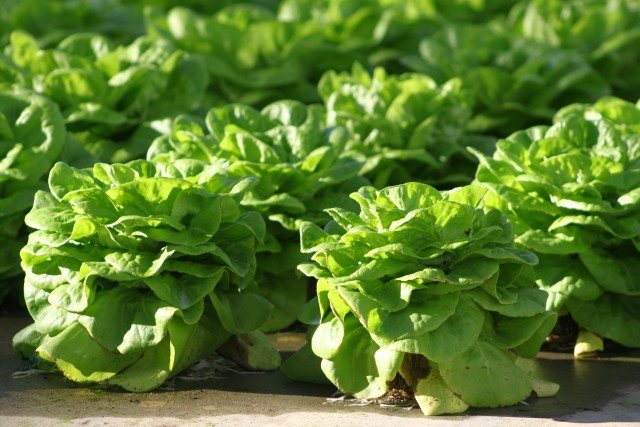The Environment, Food and Rural Affairs Commons Select Committee has recently published its report into Food security, focused on demand, consumption and waste.
The report highlights the health impacts of poor diet and over-consumption.
“Despite efforts to promote healthy eating, the UK is still experiencing high levels of health problems linked to poor diet, in particular over consumption,” said committee chair Anne McIntosh.
Part of the Institute of Food Research’s (IFR’s) mission is to carry out research that helps in the production of healthy foods, and it welcomes the acknowledgment in the report that a major part of ensuring food security involves supplying sufficient nutritious food.
As the Food Climate Research Network at the University of Oxford reported to the committee, there has been a major focus on “producing more food” rather addressing other factors, including health.
Whilst it is right that we look to ensure our food supply, especially in the face of growing world population and climate change, we can also try to make food healthier, says IFR.
It has developed Beneforté broccoli, a variety of broccoli that has been bred to contain three times more of a phytonutrient.
IFR believes there is great potential in developing other, healthier crop varieties and it is currently looking to appoint a scientist to lead a research group to develop healthier cereal crops.
Working with crop experts at the John Innes Centre and bioinformatacists at The Genome Analysis Centre, it wants to develop cereals that are more beneficial to health and potentially address the allergenic issues of some cereals.
For example a cereal that contains more resistant starch, might help to reduce diet related illness.
This will be a key strand of research in the new Centre for Food and Health, which will open in 2017 on the Norwich Research Park, and demonstrates how the expertise contained within it and on the wider park can address the health and economic challenges society faces.
Healthier staple crops may help provide healthier ingredients and ultimately healthier foods, but the report also highlights the central importance of consumer choice.
Despite a large effort to promote healthy eating, people still consume 50% more fat than the recommended levels, but half the fruit of vegetables one should.
The IFR says children eat 50% more sugar than recommended, and a quarter of the amount of fruit and vegetables.
It is clear that more needs to be done to reduce the burden of diet related diseases caused by overconsumption and poor nutrition, but clearly there is not a simple solution.
IFR says it welcomes the recommendation that there should be greater integration between the different government departments, local authorities, retailers and other bodies to promote healthy eating.
It says it is important that advice is based on sound scientific evidence, to ensure that health messages are reliable and effective.
The report, for example, highlights how figures for UK’s national diet are based on what consumers buy, rather than what they consume, ignoring what food is wasted.
The report recommends that Department for Environment, Food and Rural Affairs should review labelling regulations and their effectiveness in providing information for consumers.
This information must be easy to understand, as consumers make decisions quickly when choosing.
Health messaging must also sit alongside other information, such as use by dates, country of origin labelling, and sustainability information.
More and more, consumers can supplement this information with data from online sources, and the report highlights initiatives including where heathy options are suggested during online ordering.
The Food Databanks National Capability at IFR curates food composition data on the UK’s foods, and resources such as this will only become more and more valuable as online mobile technology helps put this information in consumers’ hands.










